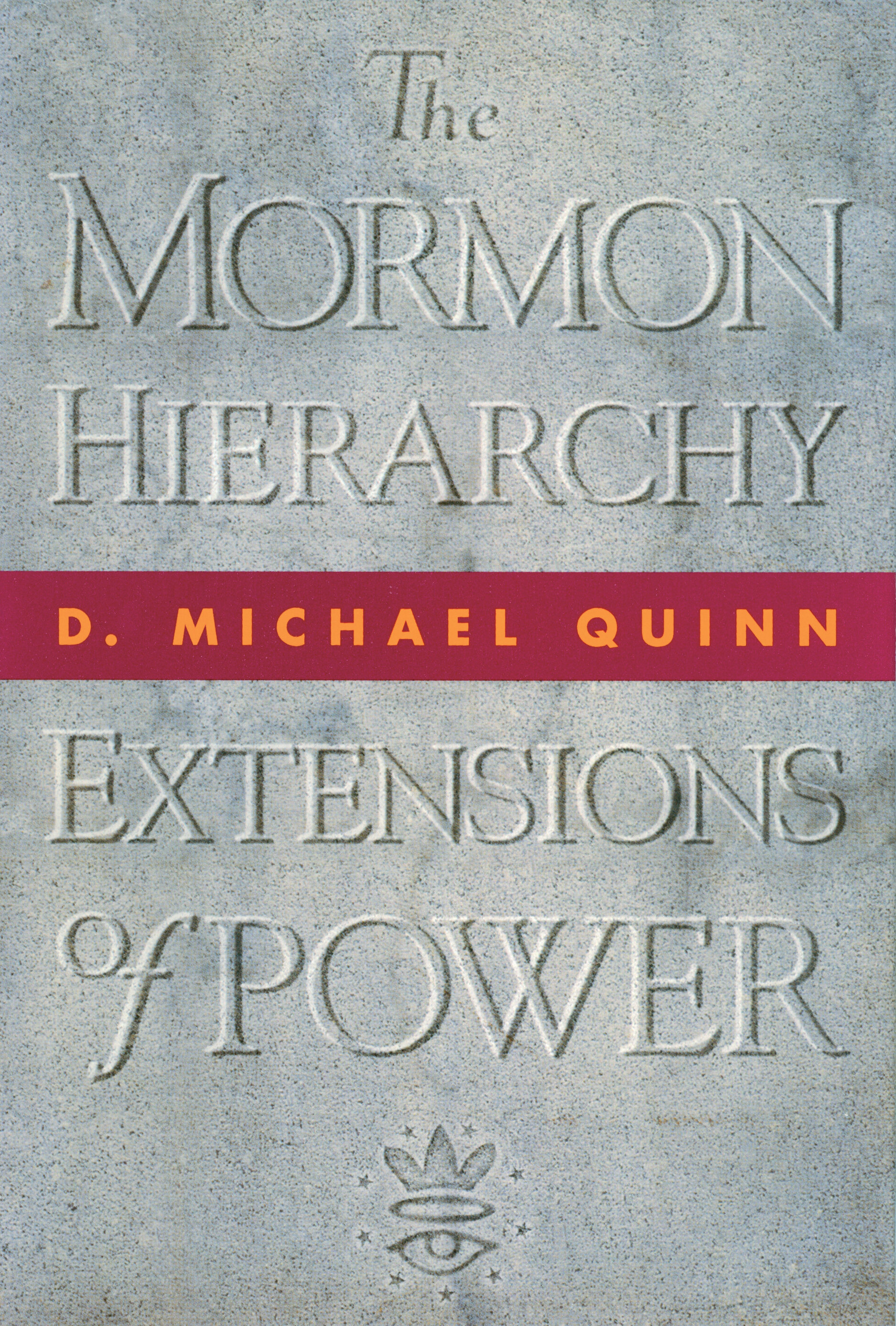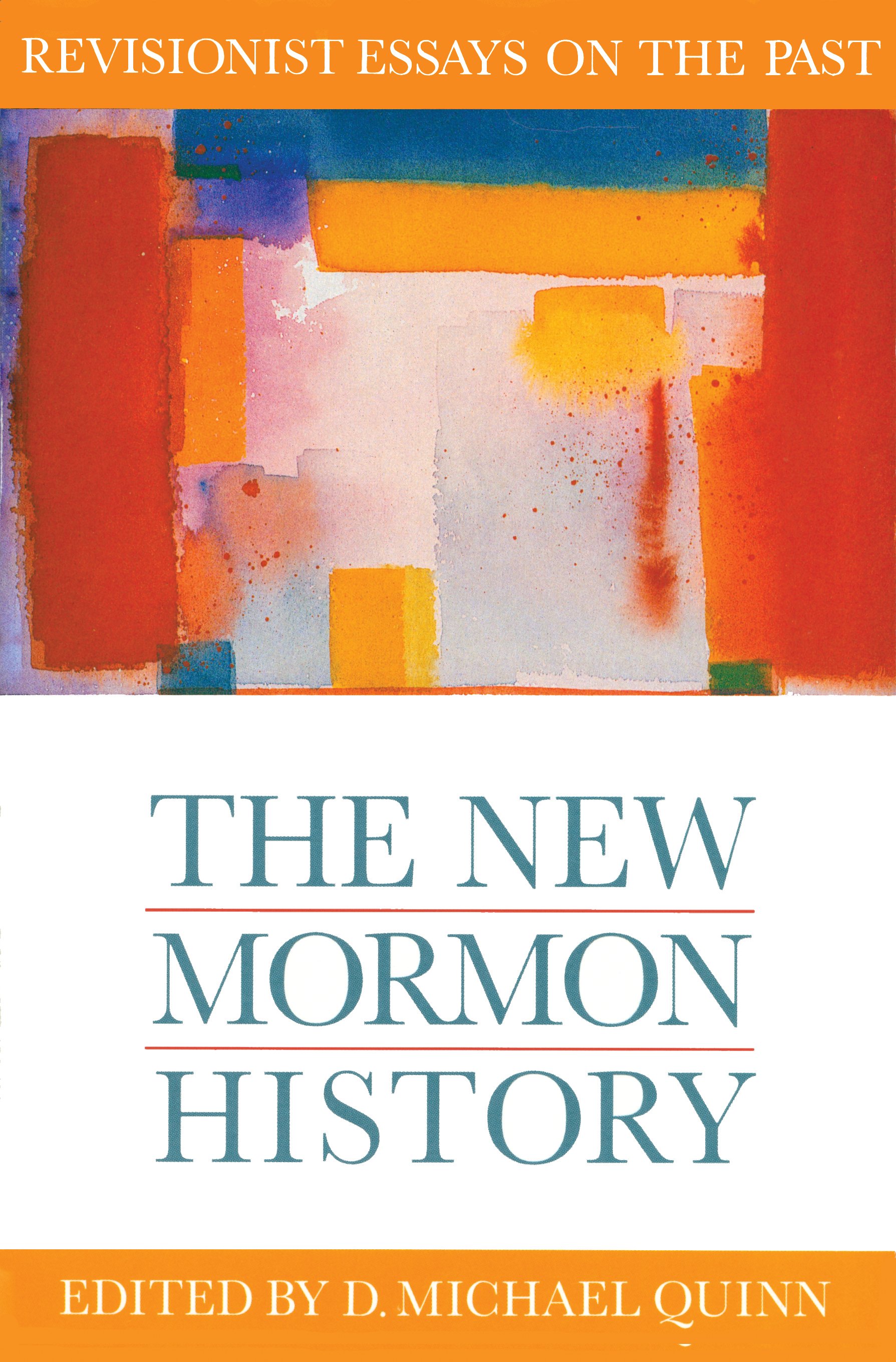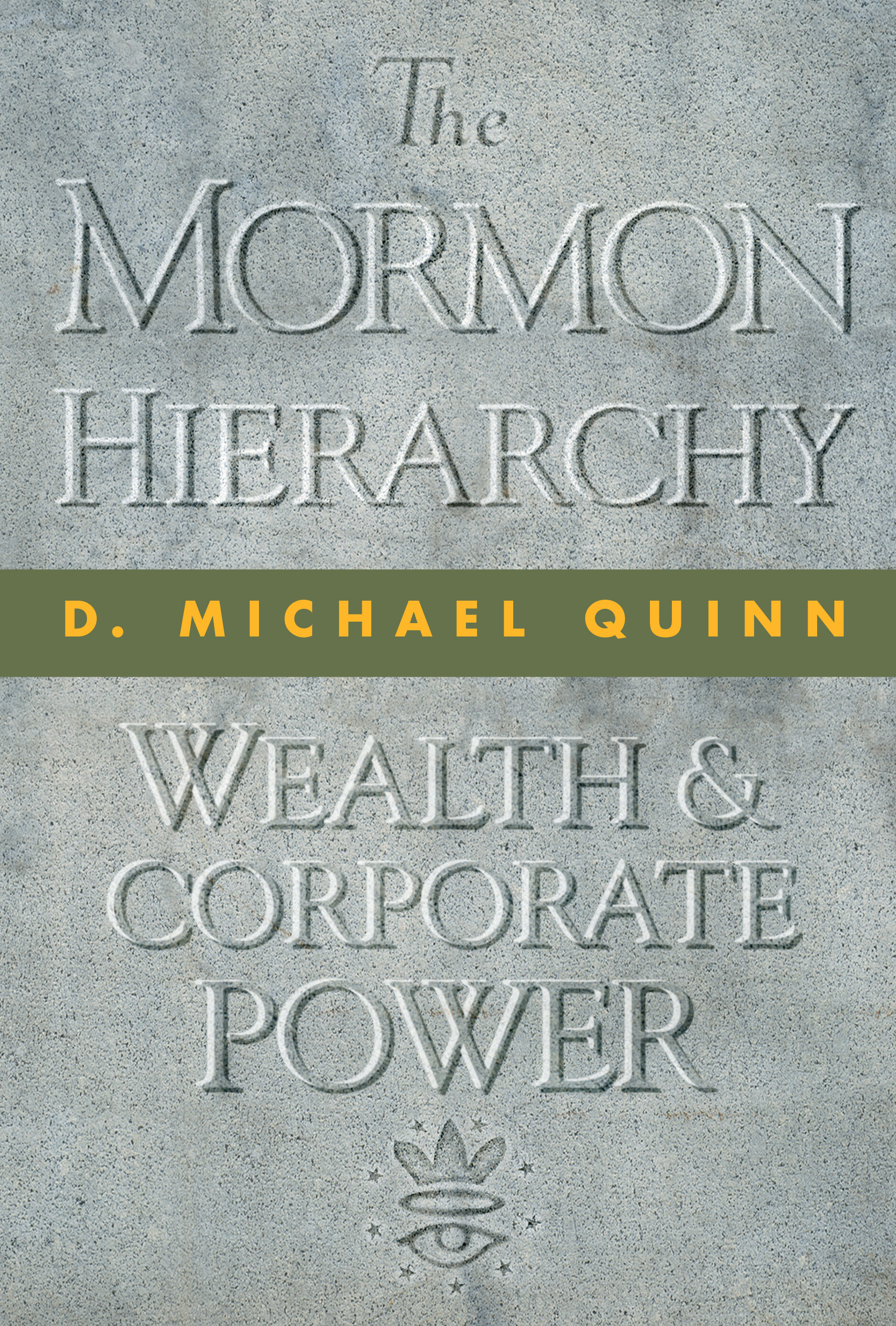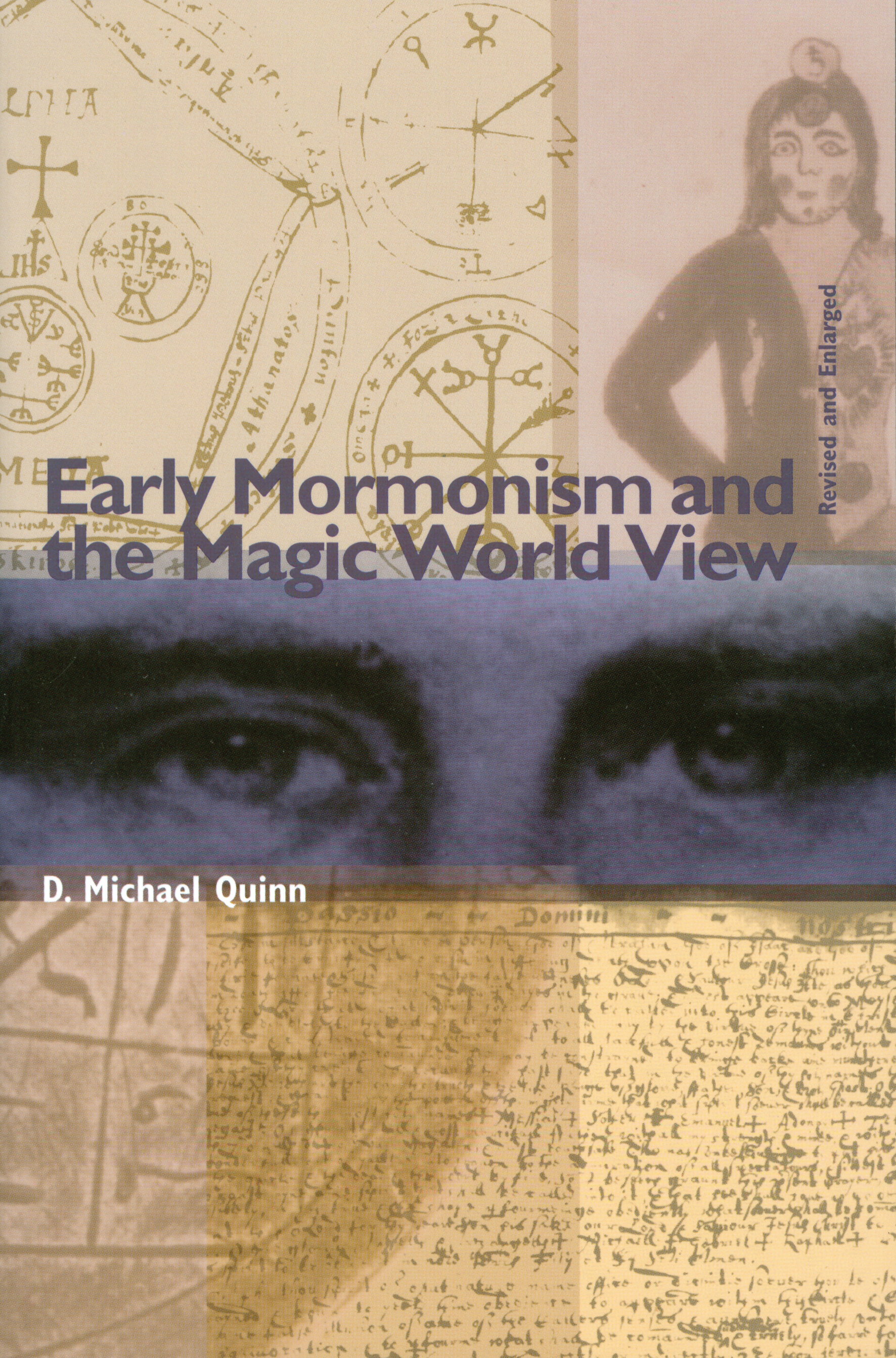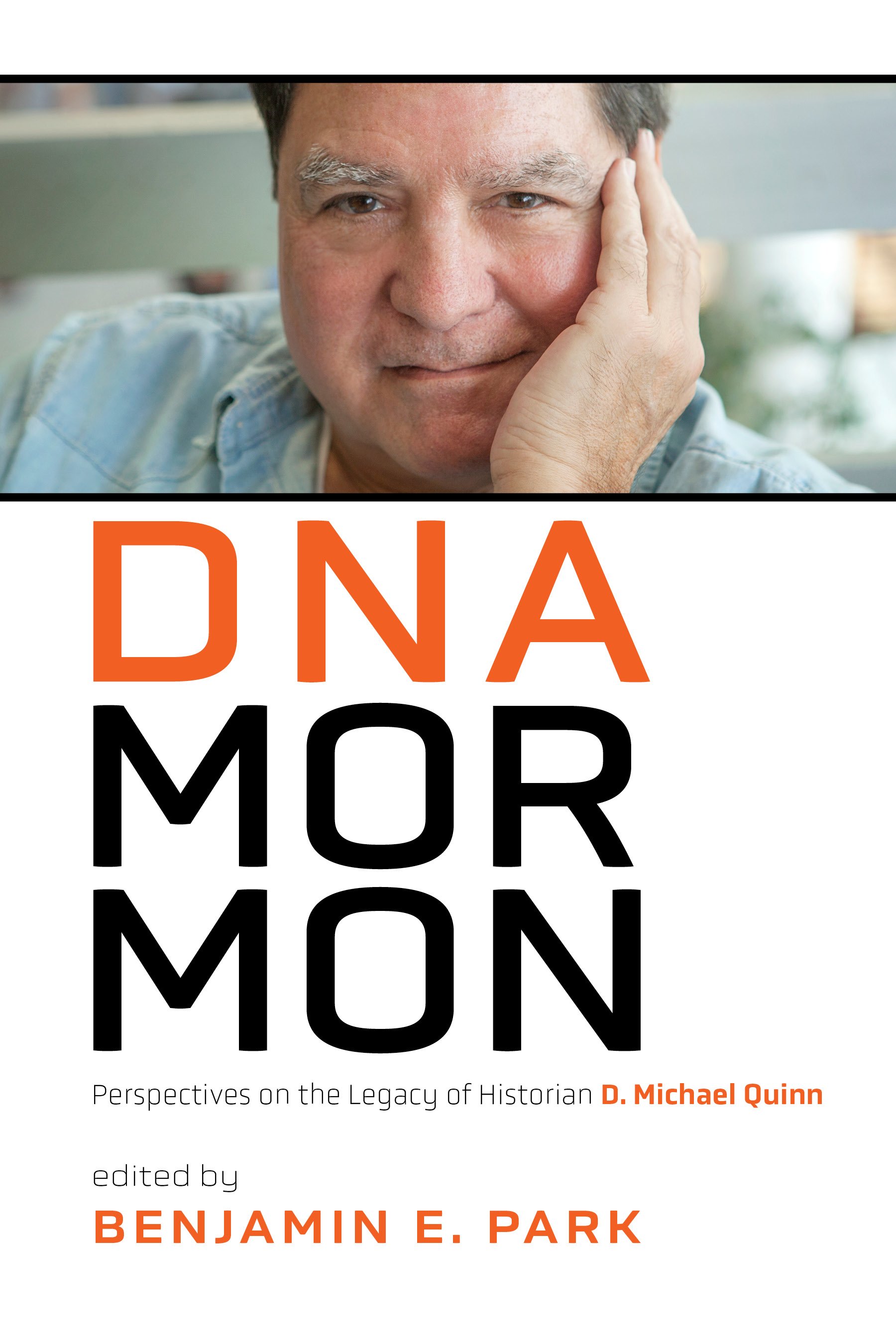D. Michael Quinn (PhD, history, Yale University) is an Affiliated Scholar at the University of Southern California’s Center for Feminist Research. He has been a full-time researcher and writer, a professor of history at Brigham Young University, and a visiting professor of history (2002–03) at Yale. His accolades include Best Book awards from the American Historical Association and the Mormon History Association. He is the recipient of the Leonard J. Arrington Award for distinguished and outstanding service to Mormon history from the Mormon History Association.
His major works include Early Mormonism and the Magic World View, Elder Statesman: A Biography of J. Reuben Clark, the three-volume Mormon Hierarchy series (Origins of Power, Extensions of Power, and Wealth and Corporate Power), and Same-Sex Dynamics among Nineteenth-Century Americans: A Mormon Example. He is the editor of The New Mormon History: Revisionist Essays on the Past and a contributor to American National Biography; Encyclopedia of New York State; Fundamentalisms and Society: Reclaiming the Sciences, the Family, and Education; the New Encyclopedia of the American West; Under an Open Sky: Rethinking America’s Western Past; and others.
He has also received honors—fellowships and grants—from the American Academy of Arts and Sciences, the American Council of Learned Societies, the Henry E. Huntington Library, Indiana–Purdue University, and the National Endowment for the Humanities. In addition, he has been a keynote speaker at the Center for the Study of Religion and American Culture, the Chicago Humanities Symposium, Claremont Graduate University, University of Paris (France), Washington State Historical Society, and elsewhere, and a consultant for television documentaries carried by the Arts and Entertainment Channel, the Canadian Broadcasting Corporation, the History Channel, and the Public Broadcasting Service (PBS).
Documentary History, History
ISBN: 978-1-56085-060-1

